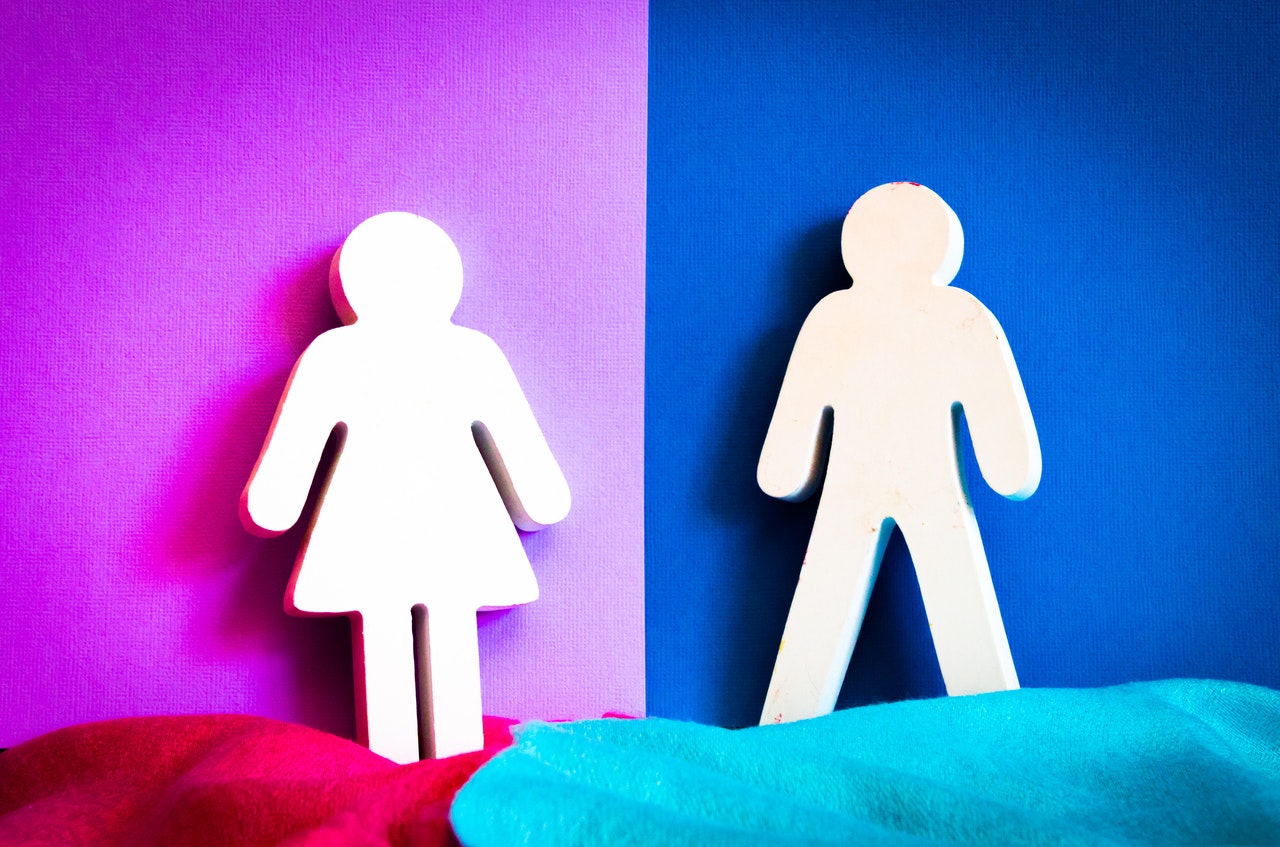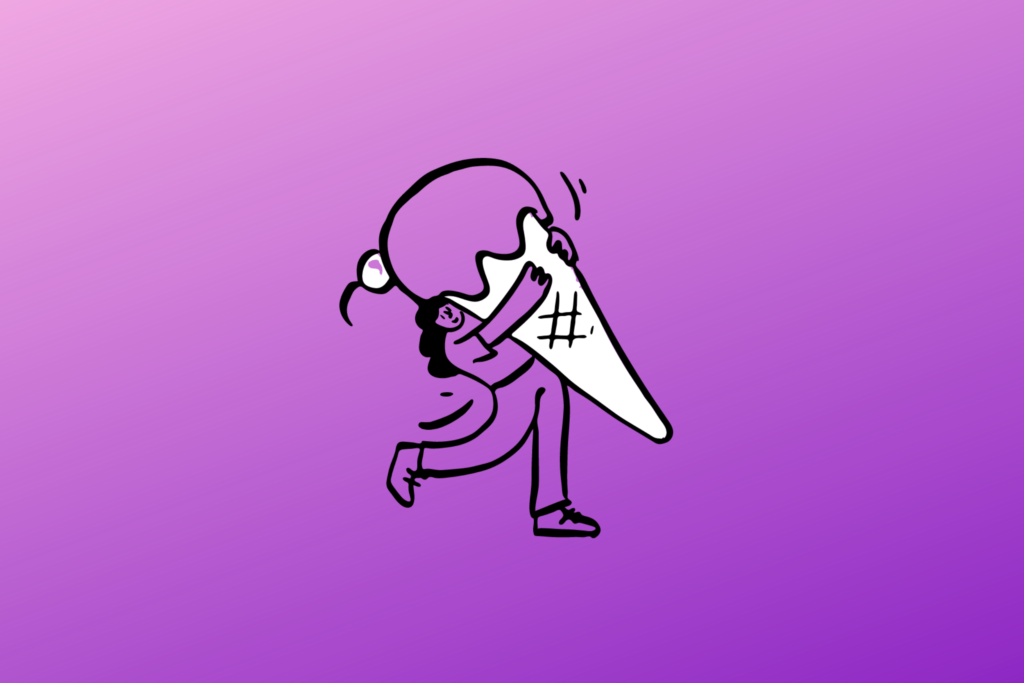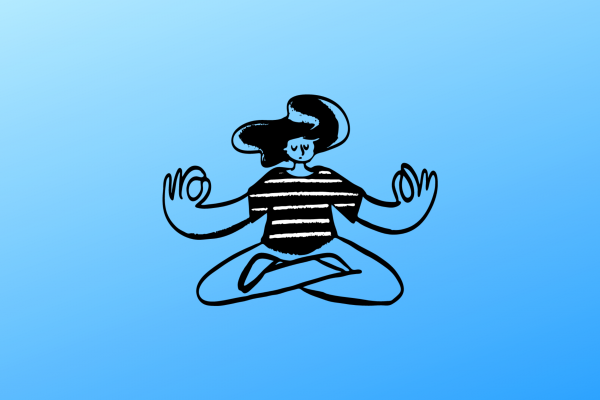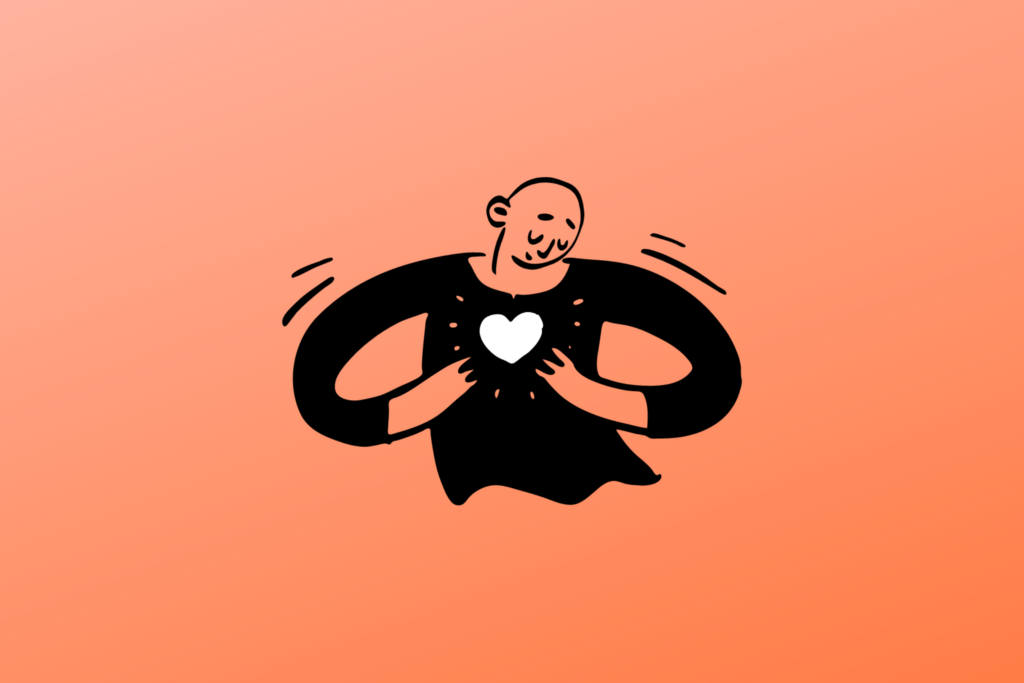Overview
Hey everyone! Welcome to this week’s article on my experiences as a woman in medicine and how to regain respect in the workplace. In this article, we will cover the following topics:
Introduction
My Experience as a Woman in Medicine
#1 Being Mistaken for a Nurse
#2 Being Told I’m “Too Young” and “Too Pretty” to be a Doctor
#3 Being seen as inferior when compared to male colleagues
#4 Having My Clinical Judgement Questioned or Ignored Completely
#4.1 Another example
#5 Being Told What Specialty to Choose
#6 Being labelled as ’emotional’ or worse
Introduction
This past week has been a big week for WOMEN. If you’ve been cocooned away on an island paradise without any mobile reception, here’s what you missed:
- It was International Women’s Day on Monday 8th March. It’s a day usually marked with purple cupcakes in the office tea room and some token gestures about helping women ‘find their voice’ littered across social media.
- In Australia, multiple allegations of sexual assault against women continue to haunt the Government
- COVID19 vaccines are being rolled out worldwide thanks to some very impressive and extremely talented women who are behind their development.
- The latest report by the WHO which shows 1 in 3 women worldwide still experience violence. This statistic remains unchanged since the last report in 2013.
All of this has made me reflect on what it means to be a woman in modern day. Specifically, what it means to be a woman in medicine.
My Experience as a Woman in Medicine
As a female who has completed medical school, internship, residency and now works as a registrar, I’ve had a number of experiences pertaining to my gender, that have left me with a bitter taste in my mouth (at best) or looking for the nearest hospital exit to run out of (at worst).
I’d like to share some of my experiences as a woman in medicine here:
Boy there have been some doozies.
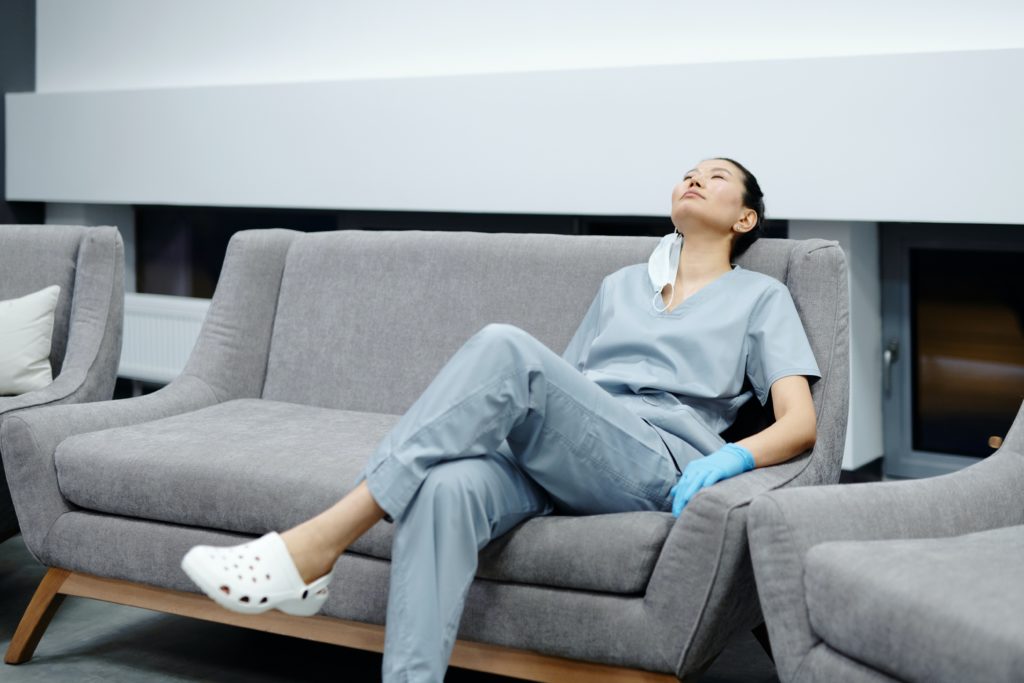
#1 Being mistaken for a nurse
As a junior doctor, it is really important to understand your states individual agreement to know what you are entitled to.
I would like to preface this section by saying there is absolutely nothing wrong with being labelled as a nurse. They do fantastic work and are an extremely valuable part of any clinical team. However, ASSUMING that I am a nurse BECAUSE I’m female is where I draw the line.
I’ve lost track of the number of times I’ve walked past a patient’s bedside at the hospital and they’ve called out:
Nurse can you please get me a blanket….
Here’s how I usually respond:
I’m actually the doctor. But I’m happy to get you a blanket.
What surprises me is that this scenario often happens whilst I’m running around the hospital with a stethoscope draped around my neck and a scrub top with ‘DOCTOR’ emblazoned on it in large gold print. Go figure.
There is this societal perception that doctors must be old white males and that nurses are young, pretty women. This no longer accurately reflects the medical workforce. We have male nurses and female specialists. The rhetoric needs to change.
#2 Being told I’m “too young” or “too pretty” to be a doctor
This one really gets me dry retching. Especially when accompanied with a seedy smile or a presumptuous wink from an elderly male patient.
Firstly, I’m not ‘too young’. I completed medical school just like every other doctor and I’ve worked hard to get where I am today. I find this especially hard in my current job, where older patients sometimes find it difficult to take medical advice from someone the same age as their grandchildren.
Secondly, my appearance has NOTHING to do with my job as a doctor. I don’t wear makeup and I dress the way I want to. I often feel like these comments detract from the clinical care I am trying to provide. Usually, I resort to ignoring them as I haven’t quite found an appropriate response.
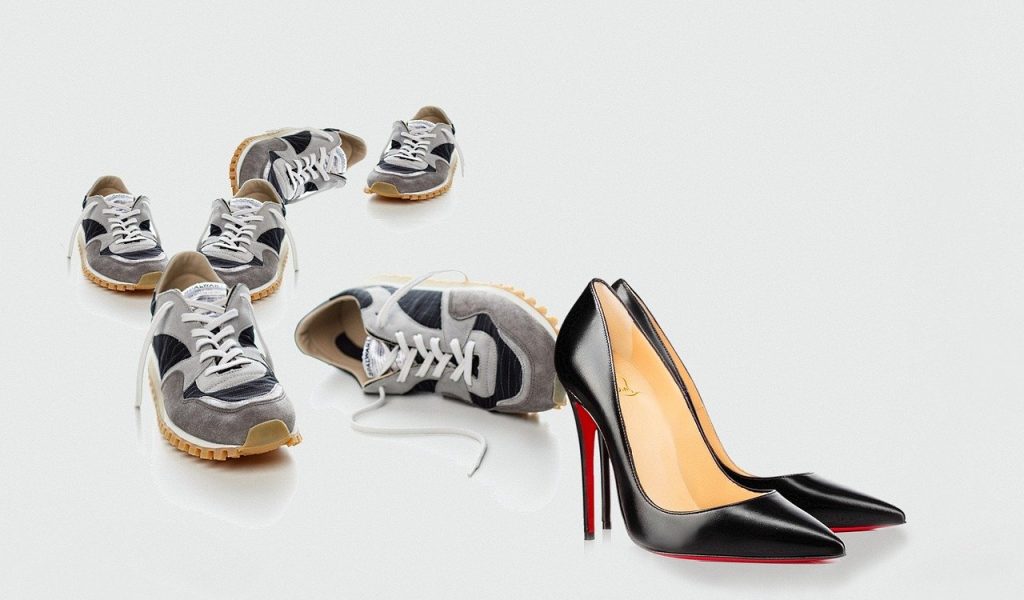
#3 Being seen as inferior when compared to junior male colleagues
As a junior doctor, I’ve been on (too) many ward rounds and documented about one billion clinical notes. On a typical ward round, there will often be a consultant, registrar, one or two junior doctors and a medical student.
The most challenging scenarios I’ve come across is when the team walks into a patient’s room and the assumption is that the tallest, most masculine-looking male is the senior-most doctor. I’ve seen patients ask the male medical student for advice instead of the short female paediatrician who has been practicing for more than 10 years. She is THE BOSS. She has done the hard yards to get where she is today. What makes this scenario ten times worse is if the male medical student or junior doctor doesn’t correct the patient. This only perpetuates these preconceived misconceptions.
#4 Having my clinical judgement questioned or ignored completely
As a female doctor, I encountered numerous scenarios where my clinical judgement has been questioned or ignored completely, only for a male colleague to come and say the exact same thing with an entirely different response.
This most commonly occurred in the Emergency Department and as an after hours doctor. I was extremely fortunate to work in an Emergency Department where the nurses were skilled enough to insert a cannula and draw blood. As a doctor, this would give us extra time to complete notes or see more patients in a bustling ED.
Unfortunately, on more then one occasion when I (kindly) requested a nurse to take the bloods, I would be met with a myriad of excuses:
I’m just really busy at the moment, can’t you just do it….
I’m going on my break…
Or my absolute favourite:
I can’t do the troponin because I’ve got to go make the bed in Bay 10
Ahh yes, the troponin on a man with acute chest pain can wait. No biggie. Off I go to cannulate him myself. I guess I’ll talk to cardiology later.
By comparison, I would notice my male colleagues got off a lot easier. They would have nurses ask THEM if they’re happy for them to do bloods or put a cannula in.
I understand if you are busy. Every Emergency Department is hectic and we are all stressed. But to be busy every single time I ask for help? When it’s your patient too? It seemed like too much of a coincidence.
Another Example:
Along similar lines, here is a response I received after assessing a woman with a dangerously low blood pressure.
Do I really need to hang the bag of fluid for this woman with a systolic of 70? She looks fine.
Yes. Yes you do. Hang the bag please.
I’ve had other staff flatly refuse to manage patients the way I have deemed clinically appropriate. The most frustrating part is when a male colleague delivers the exact same management and it is met with utter approval. I’ve had female colleagues in more senior positions also come across this issue.

#5 Being told what specialty to choose
As a junior doctor, this is one the most unescapable questions you will be asked in your career:
What do you want to specialise in?
When males answer this question with ‘Surgery’, they are often met with a nod of approval. When females give the same answer, they are often met with a barrage of questions or concerns as to their future.
What about your family? How will you have children? This is going to be very challenging. Have you considered something else? What’s your backup?
On the contrary, specialties such as general practice are deemed more female-friendly as they are seen as flexible, easy and promote a work life balance. There is nothing wrong with a woman choosing general practice as a career. But to assume that BECAUSE you are a woman, you SHOULD choose general practice crosses the line.
As a female doctor, you should choose the career you want to do. There are lots of female specialists (surgeons, paediatricians, oncologists, gastroenterologists) who are thriving both professionally and personally.
#6 Being labelled as ’emotional’ or worse
In medicine, there is an assumption that a female standing up for herself is considered ‘bossy’, ’emotional’, ‘hormonal’ or a ‘b****’. However, a male doctor who displays similar behaviour is considered a ‘leader’ and ‘assertive’.
On the other hand, women are almost expected to be emotional when it comes to managing difficult conversations at the bedside or caring for their patients. When males display these qualities, they are lauded for their efforts. Damned if you do, damned if you don’t.

So what can we do about it?
Purple cupcakes won’t help.
Token gestures promoting International Women’s Day on social media won’t help.
An organisation talking the talk but not walking the walk when it comes to gender equality in the workplace won’t help.
It’s time our actions spoke louder than our words.
For women, start introducing yourself as the doctor. Correct patients who assume otherwise. Know what you are entitled to within the workplace and stand up them. Report discriminatory behaviour.
For males, show support for your senior female colleagues by correcting patients when they assume you are the one in charge.
Stop labelling females as ’emotional’, ‘type A’ or a ‘b****; when all they are doing is asserting themselves in the workplace. It’s about respecting women and valuing their contribution to the team.
Final Thoughts
My stories merely comprise a few drops in a vast ocean of female doctors who have experienced similar or worse. There are many stories you may never hear, but that doesn’t mean they don’t exist. The inequality between men and women in medicine is about far more than these stories. Fundamentally, it is a matter of respect. Medicine has come a long way but there still remains a long road ahead.
So on this International Women’s Day, let us celebrate the progress we have made for female equality, especially in the workplace. However, let’s not lose sight of the gains still to be made on the wards and in the boardroom.
My final thoughts:
Women already have a voice.
It’s time to make sure it’s heard.
Doctor Nisha
Share this Post!

